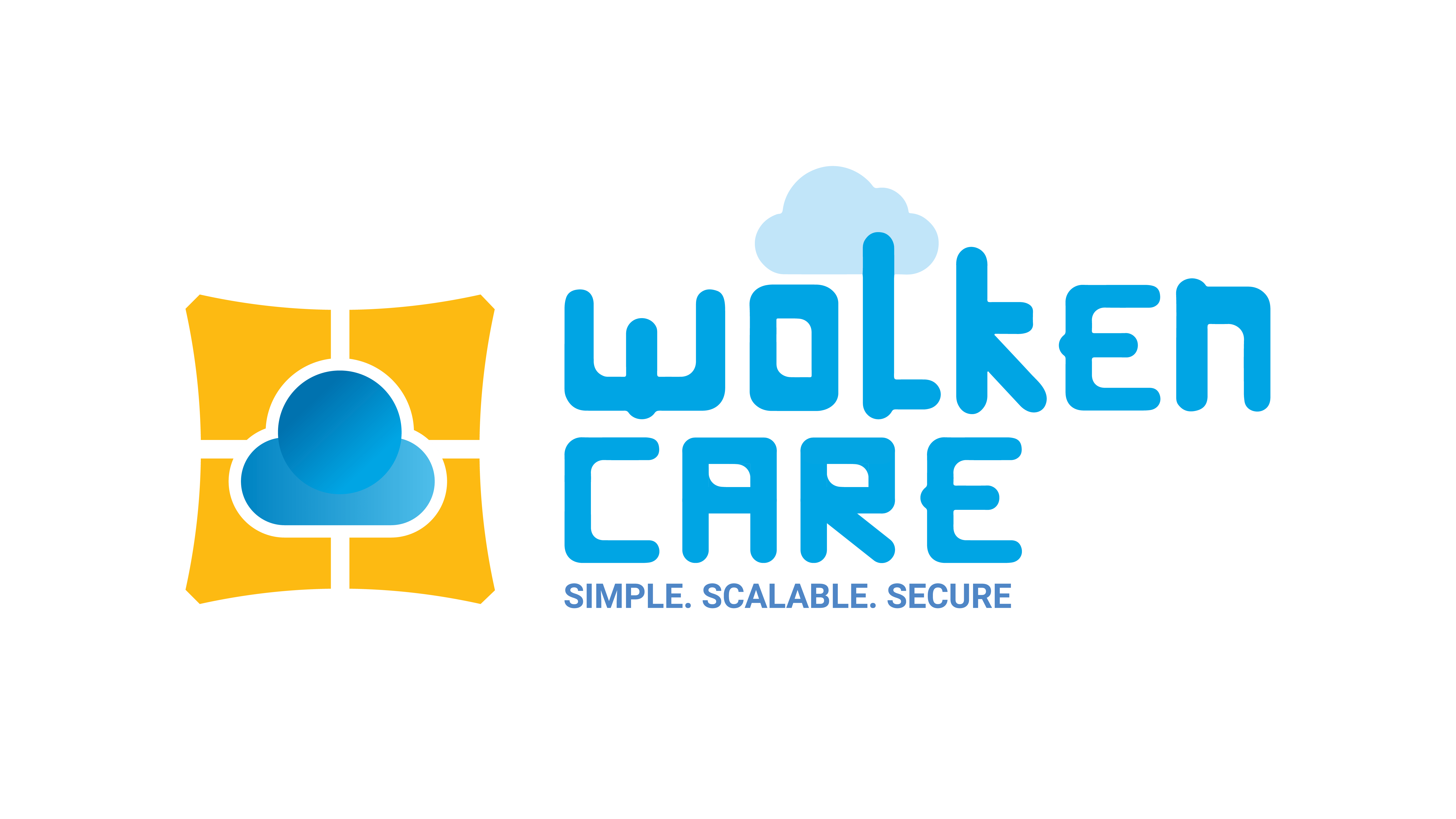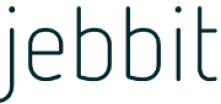Description

AskNicely

Ramen
Comprehensive Overview: AskNicely vs Ramen
AskNicely and Ramen are two distinct tools that operate within the realm of customer feedback and experience management, each with its unique functionalities, target markets, and differentiating features. I'll give you an overview of each:
AskNicely
a) Primary Functions and Target Markets:
- Primary Functions: AskNicely is primarily a customer feedback and Net Promoter Score® (NPS) survey platform. It automates the process of collecting real-time customer feedback, providing actionable insights and helping businesses improve customer experience through ongoing surveys and feedback loops. It integrates with various CRM systems and communication tools to streamline the process.
- Target Markets: AskNicely targets businesses of various sizes across a range of industries, particularly those that are customer-centric. It is often used by teams focused on customer experience, customer success, and operations.
b) Market Share and User Base:
- Market Share: AskNicely competes with other customer feedback platforms like Qualtrics, Medallia, and SurveyMonkey but often differentiates itself with a focus on smaller to mid-sized enterprises seeking an affordable and efficient NPS solution.
- User Base: The platform has a diverse user base ranging from small start-ups to established mid-market companies that prioritize customer feedback in shaping their service delivery and overall customer engagement strategies.
c) Key Differentiating Factors:
- NPS Focus: AskNicely's primary differentiator is its deep integration and focus on Net Promoter Scores, providing businesses with detailed insights on customer loyalty and advocacy.
- Ease of Use & Automation: The platform is known for its user-friendly interface and strong automation features, making it easy for non-technical users to set up and deploy customer feedback campaigns.
- Integration Capabilities: AskNicely integrates seamlessly with other business tools, allowing for a comprehensive view and utilization of customer feedback data across platforms.
Ramen
a) Primary Functions and Target Markets:
- Primary Functions: Ramen is a customer feedback and survey tool focusing primarily on product feedback. It helps product teams gather feedback directly from users about features, experiences, and potential improvements through targeted surveys and messaging within web applications.
- Target Markets: Ramen primarily targets product teams, user experience researchers, and product managers within software companies, particularly those offering web applications or digital products.
b) Market Share and User Base:
- Market Share: Ramen is positioned in a niche market, targeting product teams specifically, and often competes with other product feedback tools like Pendo or Mixpanel in the product management ecosystem.
- User Base: Its user base generally includes agile software companies, start-ups, and mid-market firms that focus on iterative product development and enhancing user experiences through direct user insights.
c) Key Differentiating Factors:
- Product-Centric Feedback: Ramen differentiates itself by focusing on product-specific feedback, enabling teams to gather detailed feature-specific insights directly from users.
- In-Product Surveys: Its ability to deploy surveys directly within the application experience allows for real-time, contextual feedback which is invaluable to product teams.
- Customization and Segmentation: Ramen offers powerful customization and segmentation features, allowing teams to target specific user segments effectively for feedback collection.
Comparative Overview
- Focus: AskNicely focuses on broad customer feedback and NPS across the organization, while Ramen specializes in product-level feedback.
- Target Market: AskNicely appeals to a broader organizational audience interested in holistic customer experience improvements, whereas Ramen is tailored to product teams needing specific product usage feedback.
- Deployment: AskNicely is typically used across communication tools and channels, whereas Ramen integrates directly into web applications, enabling immediate feedback during user sessions.
Both platforms offer significant value in their respective niches, and choosing between them typically depends on whether a company is more focused on overall customer experience or specific product development feedback.
Contact Info

Year founded :
2014
+1 408-600-0832
Not Available
United States
Not Available

Year founded :
2014
Not Available
Not Available
United States
Not Available
Feature Similarity Breakdown: AskNicely, Ramen
As of my last update in October 2023, both AskNicely and Ramen offer features relevant to customer feedback and experience management, but they cater to somewhat different use cases and audiences within this space. Here’s a breakdown of feature similarities and differences between the two:
a) Core Features in Common
-
Customer Feedback Collection:
- Both platforms enable users to collect customer feedback. AskNicely focuses on Net Promoter Score (NPS) surveys, while Ramen offers various survey types.
-
Survey Distribution:
- Each allows multi-channel survey distribution, including email, web, and mobile, to reach customers wherever they are.
-
Analytics and Reporting:
- Both provide analytics tools to help businesses understand customer feedback trends and derive actionable insights from data.
-
Integration Capabilities:
- AskNicely and Ramen both offer integrations with popular Customer Relationship Management (CRM) systems and other third-party applications to enhance data syncing and workflows.
-
Feedback Management:
- They include features for managing and responding to customer feedback within the platform, allowing teams to track interactions and resolve issues.
b) User Interface Comparison
-
AskNicely:
- Known for a clean, user-friendly interface that emphasizes ease of creating and sending surveys. It is highly intuitive, making it accessible for users without technical expertise. The dashboard is straightforward, providing quick insights into NPS scores and feedback trends.
-
Ramen:
- While also user-friendly, Ramen has a slightly more robust interface for customizing surveys and managing customer interactions. It offers more flexibility in survey design with drag-and-drop builders, which can make it appealing for users who require more detailed customization.
c) Unique Features
-
AskNicely:
- Focus on NPS: AskNicely is particularly strong in Net Promoter Score measurement, offering specialized tools for tracking and acting on NPS feedback.
- Automated Workflows: It includes advanced automation features focused on improving customer experience through NPS feedback actions.
-
Ramen:
- Feature Voting and Roadmapping: Ramen includes feature voting and product roadmapping capabilities, allowing users to prioritize features based on customer feedback and involvement, facilitating product development decisions.
- In-product Engagement: Offers more direct engagement tools within apps or platforms, helping boost user feedback collection in-context.
In conclusion, while both AskNicely and Ramen are formidable tools in customer experience management and feedback collection, the selection between them would largely depend on specific business needs such as the importance of NPS focus versus the need for feature roadmapping and in-product engagement.
Features

Not Available

Not Available
Best Fit Use Cases: AskNicely, Ramen
AskNicely and Ramen cater to different aspects of customer feedback and engagement, targeting businesses with varied needs and focuses. Here's a breakdown of their best fit use cases:
AskNicely
a) Best Fit for AskNicely:
-
Customer Experience Management:
- Companies that prioritize customer experience and want to systematically gather feedback to improve service delivery.
- Perfect for businesses that rely heavily on customer satisfaction, such as retail, hospitality, and service industries.
-
Net Promoter Score (NPS) Tracking:
- Businesses looking to implement or refine NPS programs as a tool for measuring customer loyalty and satisfaction.
- Useful for companies seeking to transform NPS data into actionable insights to drive continuous improvement.
-
Employee Engagement:
- Companies aiming to survey their employees to gauge satisfaction and engage with their internal teams.
- Suitable for mid to large-sized companies focusing on internal culture and employee retention.
d) Industry Verticals and Company Sizes for AskNicely:
- Industry Verticals: Retail, hospitality, health & wellness, financial services, and any customer-oriented service sectors.
- Company Sizes: Mid-sized to large enterprises that have a structured customer service function and require robust feedback management systems to support a significant customer base.
Ramen
b) Preferred Scenarios for Ramen:
-
Product Feedback & Validation:
- Ideal for companies developing new products or features, particularly digital products, looking to validate concepts with real users.
- Startups or tech companies that need continuous user feedback for agile development cycles.
-
User Experience (UX) Research:
- Organizations focusing on improving user interfaces and overall UX can benefit from Ramen’s ability to capture user sentiment and actionable feedback directly within apps or websites.
- Applicable to both newly released and mature products where UX adjustments are ongoing.
-
Customer-Driven Product Development:
- Companies that undertake customer-driven development methodologies and need a reliable means to incorporate user insights into product development stages.
- Digital agencies or SaaS companies that must iteratively test and refine their offerings.
d) Industry Verticals and Company Sizes for Ramen:
- Industry Verticals: Technology startups, SaaS providers, online platforms, gaming, and any tech-oriented companies or product teams focused on iterative design and development.
- Company Sizes: Start-ups to mid-sized companies engaged in fast-paced development environments where direct user feedback can significantly impact development priorities and strategies.
In summary, while AskNicely is more suited for tracking and enhancing overall customer satisfaction and experience, particularly in service-oriented industries, Ramen excels in environments where real-time product feedback and UX research are critical to product success, especially in technology and digital product development contexts.
Pricing

Pricing Not Available

Pricing Not Available
Metrics History
Metrics History
Comparing undefined across companies
Conclusion & Final Verdict: AskNicely vs Ramen
To provide a conclusion and final verdict for AskNicely and Ramen, we will compare these two customer feedback and engagement platforms in terms of their value, pros and cons, and offer recommendations for potential users.
a) Best Overall Value:
Both AskNicely and Ramen offer unique features tailored to different user needs. However, the determination of "best overall value" depends largely on your specific goals and resources.
-
AskNicely is known for its focus on Net Promoter Score (NPS) and customer satisfaction surveys. It integrates well with other CRM platforms and is ideal for businesses that prioritize easily collecting and analyzing customer feedback to drive experience programs.
-
Ramen, on the other hand, is geared more towards product managers and SaaS companies looking to integrate user feedback deeply into product development. Its feedback management tools are designed to help teams iteratively improve their products based on direct user input.
b) Pros and Cons:
AskNicely:
- Pros:
- Strong emphasis on NPS, helping to gauge customer loyalty.
- Seamless integration with other CRM tools, enhancing its data collection capabilities.
- User-friendly interface and setup process.
- Cons:
- May not offer as in-depth product feedback tools compared to competitors.
- Focused on NPS might limit the scope for organizations seeking comprehensive qualitative data.
Ramen:
- Pros:
- Excellent for collecting in-app feedback for product development.
- Tailored for SaaS businesses that rely heavily on user feedback to iterate.
- Supports detailed feedback loops that are essential for agile teams.
- Cons:
- Limited in features focused on NPS and broader customer satisfaction metrics.
- May require more setup and integration work to fully leverage its capabilities.
c) Recommendations:
For users deciding between AskNicely and Ramen, consider the following recommendations:
-
If your primary goal is to enhance customer loyalty and satisfaction through streamlined feedback: Go with AskNicely. Its core strength in NPS surveys will effectively help you measure and improve customer experience.
-
If your focus is on product development with a need for detailed, in-app feedback: Choose Ramen. It's specifically designed to facilitate product improvements by collecting comprehensive user feedback directly from your app.
-
For businesses needing both strong NPS capabilities and in-depth product feedback: Consider integrating both platforms or similar ones, leveraging AskNicely for customer experience metrics and Ramen for product development insights.
Ultimately, the choice should align with your organization’s specific needs and strategic objectives. Evaluate which platform's strengths align best with your goals, whether you prioritize customer satisfaction or product development feedback.
Add to compare
Add similar companies



